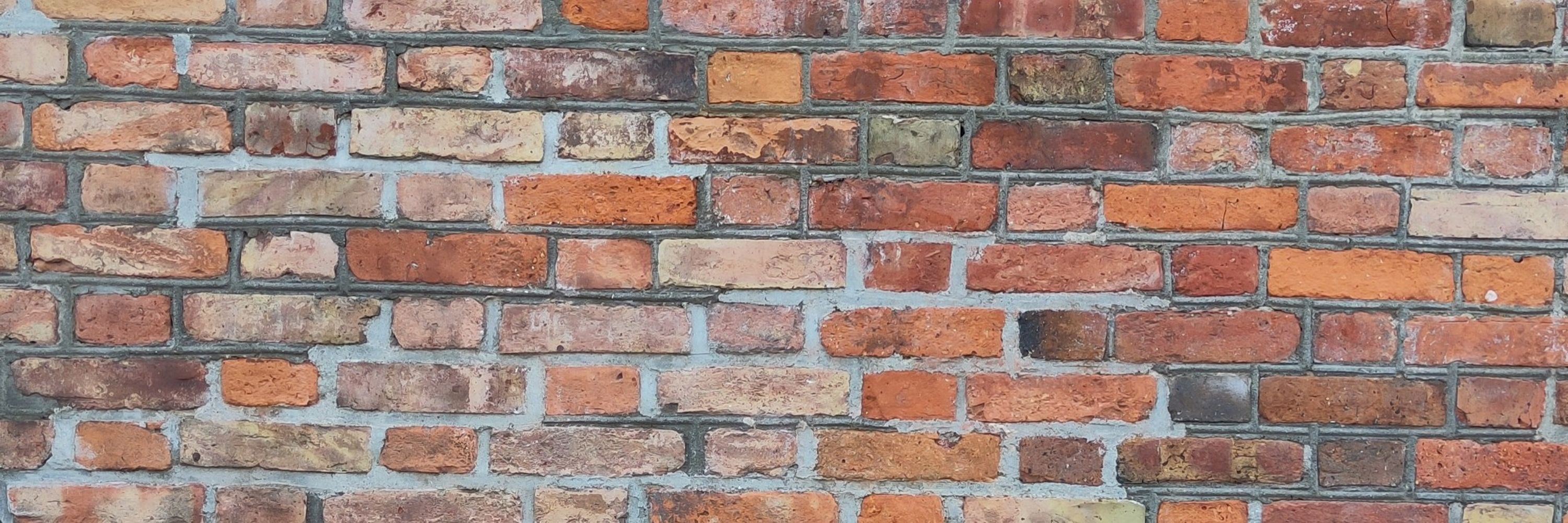
Also on:
@jsliwa_neuro@mstdn.science
CNRS: emploi.cnrs.fr/Offres/CDD/U...
Paris Brain Institute: offres.institutducerveau-icm.org//fr/jobs/196...
CNRS: emploi.cnrs.fr/Offres/CDD/U...
Paris Brain Institute: offres.institutducerveau-icm.org//fr/jobs/196...

See Aenne's paper below, as well as Tal's original work here: www.nature.com/articles/s41...
See Aenne's paper below, as well as Tal's original work here: www.nature.com/articles/s41...
Prolonged Isolation is associated with an increased behavioural sensitivity to ‘Likes’ on social media.
🧵
Social media rewards are inherently social—but does posting change during social isolation, when in-person social rewards are limited?
It turns out, yes!
How has intentionality been theorised in developmental psychology and primatology, and how is it studied in animal signals?🐒🦜👶 Take a look 👇 doi.org/10.1016/B978...

How has intentionality been theorised in developmental psychology and primatology, and how is it studied in animal signals?🐒🦜👶 Take a look 👇 doi.org/10.1016/B978...
Opening position starting from November 2025, official call coming out soon. Write me if interested francesco.papaleo@iit.it
Opening position starting from November 2025, official call coming out soon. Write me if interested francesco.papaleo@iit.it
I’m also honored to receive this year’s young investigator award and will give a short talk at the awards ceremony Monday
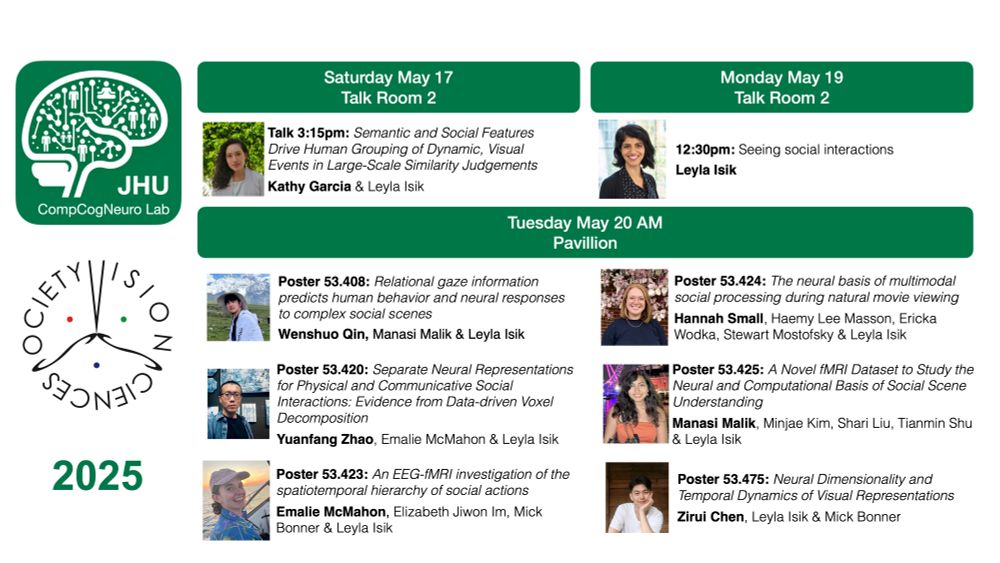
I’m also honored to receive this year’s young investigator award and will give a short talk at the awards ceremony Monday

www.biorxiv.org/content/10.1...
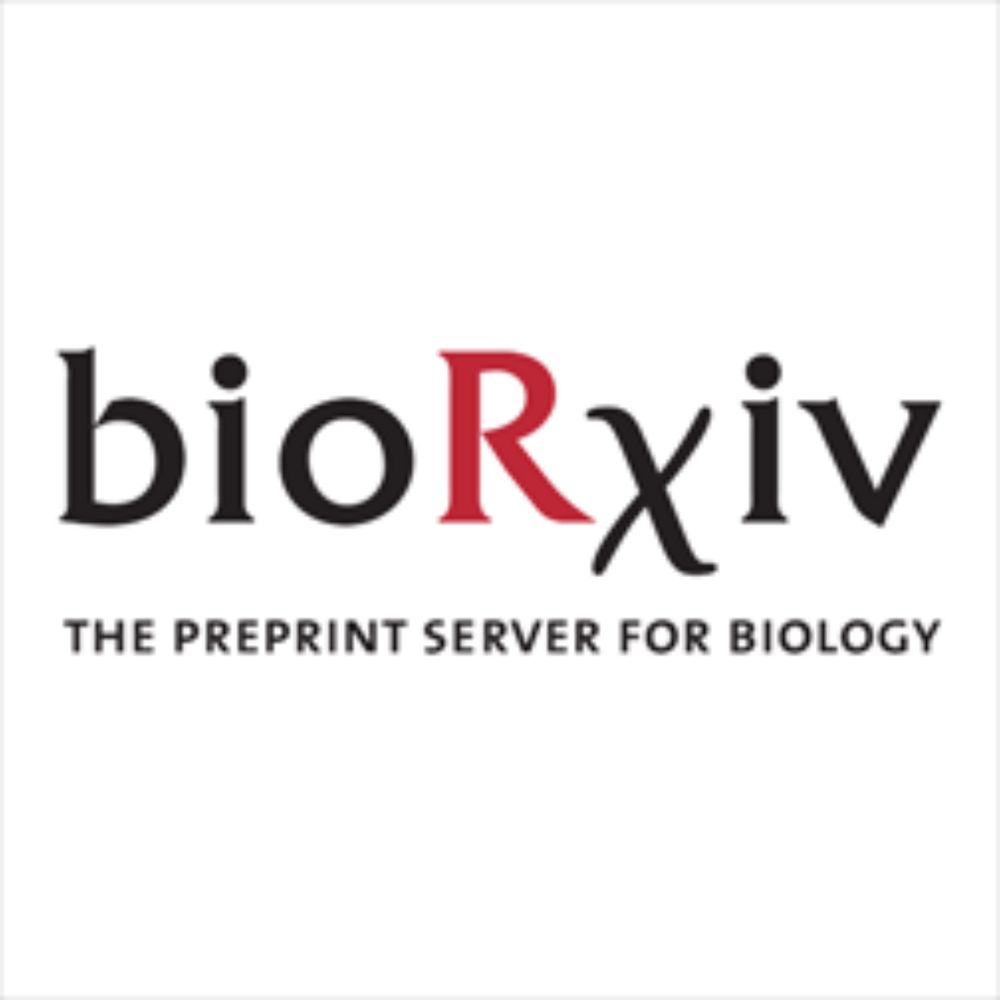
www.biorxiv.org/content/10.1...
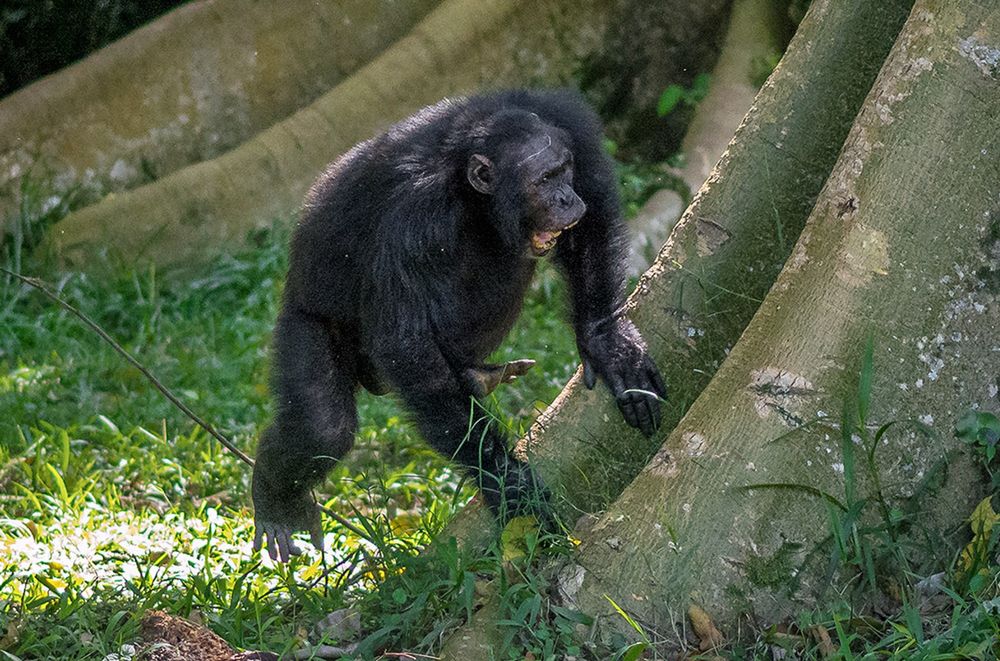
Please check out our exciting program and register until next week for early registration rates! (please retweet / share)
sbdm2025.github.io
Please check out our exciting program and register until next week for early registration rates! (please retweet / share)
sbdm2025.github.io

One big (scandalous?) idea, simple analyses, and the STRONGEST brain/behavior correlation I've EVER seen (which is shocking, given that it's mood).
Work with: You-Ping Yang, @catrinahacker.bsky.social and Veit Stuphorn.
www.biorxiv.org/content/10.1...

One big (scandalous?) idea, simple analyses, and the STRONGEST brain/behavior correlation I've EVER seen (which is shocking, given that it's mood).
Work with: You-Ping Yang, @catrinahacker.bsky.social and Veit Stuphorn.
www.biorxiv.org/content/10.1...
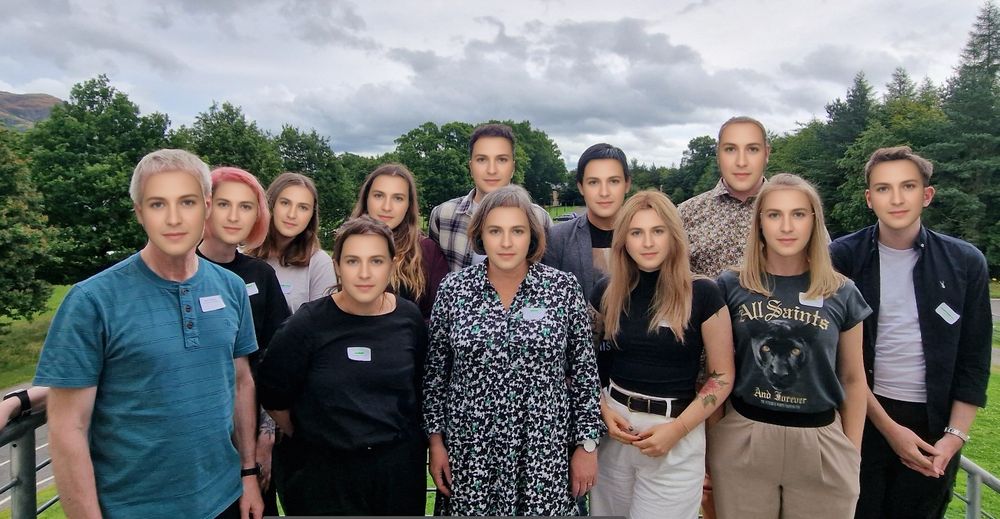
"Experience reorganizes content-specific memory traces in macaques" 🧵
🧪🧠🤖👩🔬
www.biorxiv.org/content/10.1...
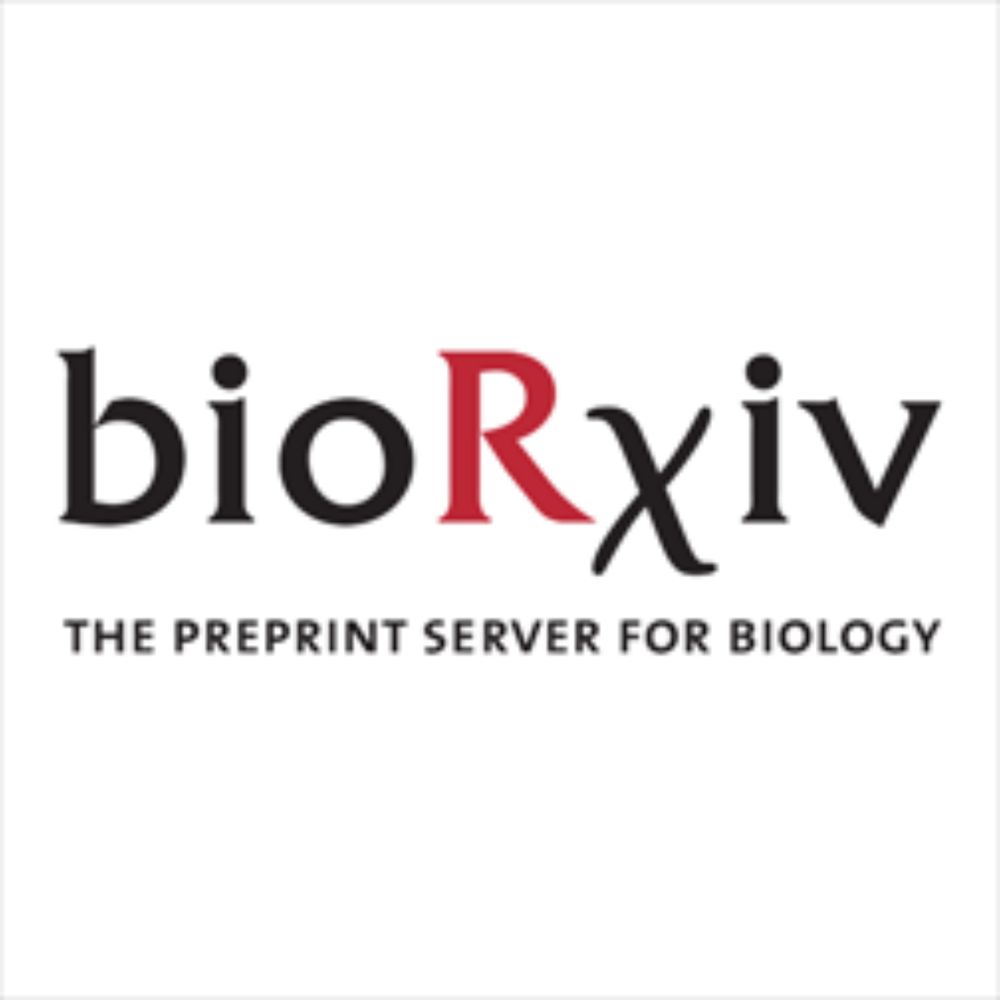
"Experience reorganizes content-specific memory traces in macaques" 🧵
🧪🧠🤖👩🔬
www.biorxiv.org/content/10.1...
Look at the image, it shows the proportion of neurons in the pallium (in blue) and in the cerebellum (red). Primates (including humans) have a rodent-like proportion
(paper) www.sciencedirect.com/science/arti...
by @gallinaciega.bsky.social
via @Raccoonologist
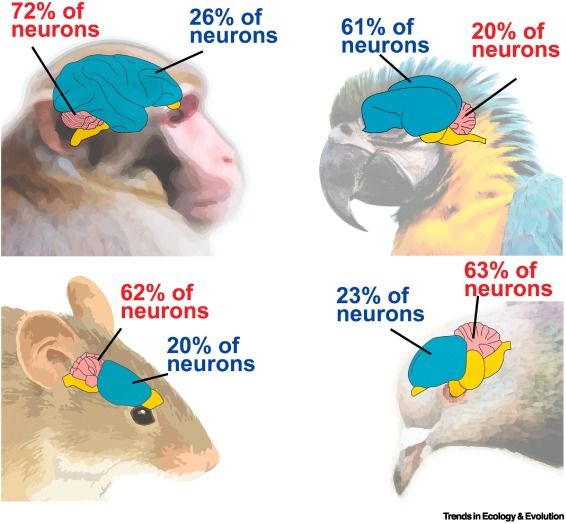
Look at the image, it shows the proportion of neurons in the pallium (in blue) and in the cerebellum (red). Primates (including humans) have a rodent-like proportion
(paper) www.sciencedirect.com/science/arti...
by @gallinaciega.bsky.social
via @Raccoonologist
Please check out our exciting program and register until May 1st for early registration rates!
sbdm2025.github.io
Please check out our exciting program and register until May 1st for early registration rates!
sbdm2025.github.io
https://go.nature.com/4iEIBsz
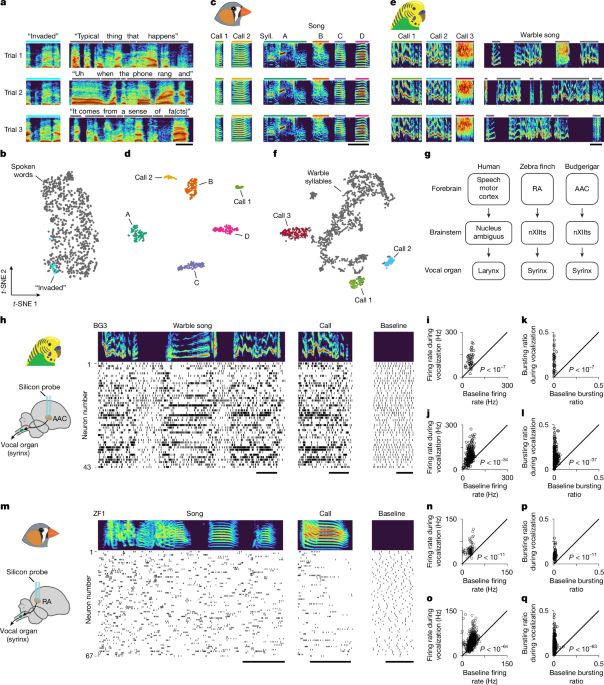
https://go.nature.com/4iEIBsz

https://www.pnas.org/doi/10.1073/pnas.2408937122
Highways are barriers that cut opportunities for social ties. We quantify this effect by overlaying the US highway network with millions of social ties from Twitter.
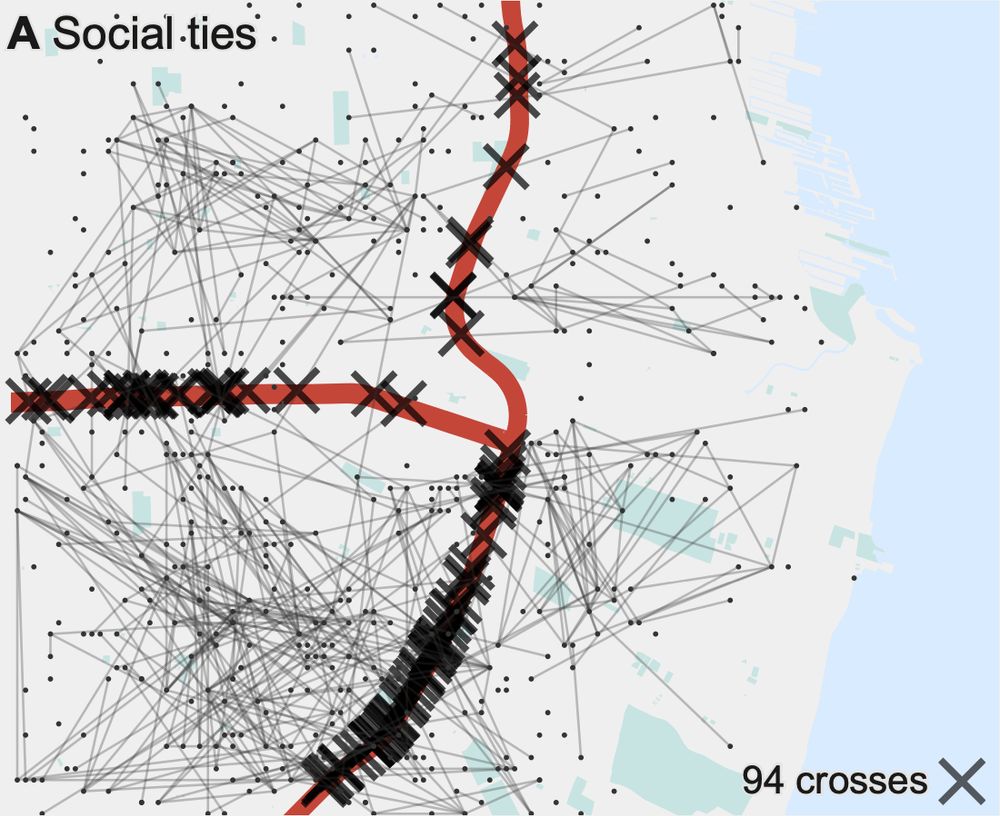
https://www.pnas.org/doi/10.1073/pnas.2408937122
Highways are barriers that cut opportunities for social ties. We quantify this effect by overlaying the US highway network with millions of social ties from Twitter.
We're seeking a full-time Research Specialist/Lab Manager to study naturalistic conversation, social cognition, and spontaneous thought.
More info here: psnlab.princeton.edu/join-us
Please apply and share!
We're seeking a full-time Research Specialist/Lab Manager to study naturalistic conversation, social cognition, and spontaneous thought.
More info here: psnlab.princeton.edu/join-us
Please apply and share!

